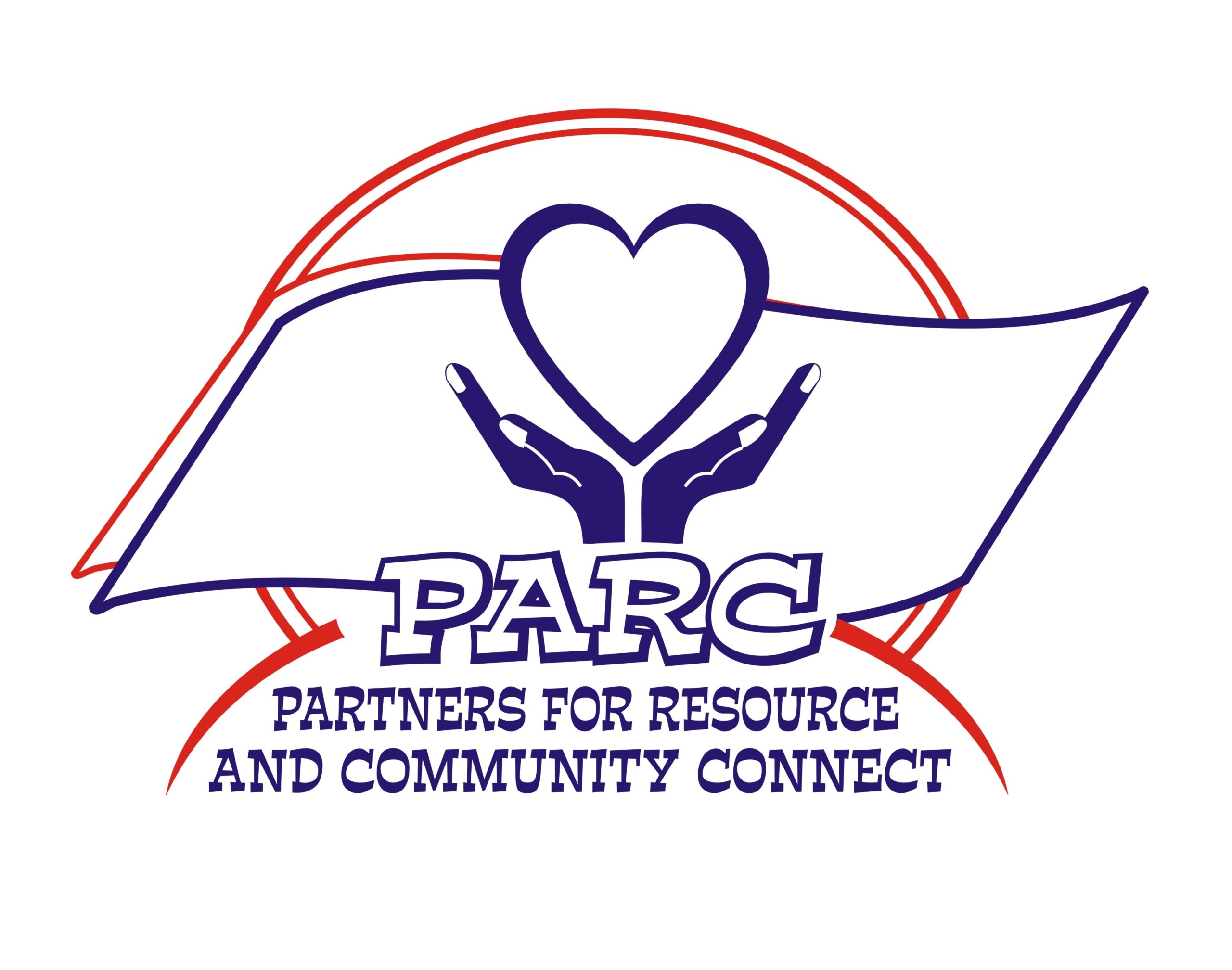We work with the vulnerable children and their families in careful preparation to make the transition of these children from childhood to adulthood!. PARC uses an innovative holistic model to ensure that orphans and vulnerable children (OVCs) get an education – go to school, stay-in school, and finish school. PARC actively look for people from all over the world to sponsor children who struggle to raise school fees and scholastic materials for their study. We don’t get sponsorship directed toward individual child but instead a group of children (school) because we work to strengthen the whole community, so all children can thrive!. In addition, we provide school based nutritious meals to all children who attend our schools (PARC Learning Centres). We are also exploring options to launch school based feeding for children at our partner public schools under school outreach project.
Child Sponsorship
School Feeding
The Ugandan Ministry of Education and Sports faces challenges in implementing its school feeding guidelines that stipulate that parents should take responsibility for feeding their own children in schools. Nearly all schools do not provide breaks or mid-day meals to learners. Most children leave their homes very early and often with no breakfast and study all day on empty stomachs. Teachers observe that the lessons they deliver during the second half of the day (afternoon/ evening classes) get much less attention from pupils than the first half.
School feeding is an effective incentive for poor families to send and keep their children in school, in addition to serving as an excellent platform for initiatives that improve educational quality and keep children healthy. We believe the combination of feeding and educating children works effectively together with a visionary self-sustaining strategy to ensure long-term community development.
At PARC, we are offering 2 nutritious meals (porridge and lunch) daily to all children attending our schools and also sensitize parents about the benefits of the school feeding programs and encourage them to ensure that their children get something to take during break/lunchtime. The project is focused on-premise that improves the academic performance and educational outcome by;-
-
Improving enrollment, attendance (reducing absenteeism), retention, and learning – school meals encourage children to attend class and help them concentrate on their studies.
-
Fighting hunger and malnutrition (making healthy food accessible and increasing the nutritional status) among school-age children, the leading factor to stunting and vulnerability to infections and disease.
-
Promoting a wide range of nutrition education and other training activities in food safety and health, and better eating habits, as well as encouraging the diversification of production with a special emphasis on local crops.
-
Linking our schools with local farmers to provide hundreds of schoolchildren in our school with safe, diverse food (providing local farmers with a predictable outlet for their products, leading to a stable income, more investments, and higher productivity).
Academic Enrichment and Mentoring
We are offering a contingent of services ranging from supplemental tutoring to extra-curricular activities (sports, music, art, etc) to experimental labs so children can engage with science through interactive activities that grow their understanding of how the world works. The project is focused on building a comprehensive support system to improve the academic performance and educational outcome by;-
-
Organizing tutoring classes that concentrate on English language, Mathematics, and Science and promoting engagement of secondary students in helping primary students improve their academic performances.
-
Organizing kids clubs such that the children can have the freedom to act age-appropriate through free play, song, and dance for three hours on Saturday evening.
-
We integrate early childhood development (ECD) with Functional Adult Literacy (FAL), where our daycare centers serve as FAL learning sites.
-
Ensuring access to learning materials through the library (libraries) where academic materials and several computers connected to the internet will be free to use.
-
We also integrate social and financial education for children (Aflatoun curriculum) into classroom practices and organize Aflatoun/ Aflateen clubs to create platforms for children to express themselves, discuss their problems and learn from peers.
-
Conducting meetings with parent-teachers to assess the performance of children as well as draw strategies for improvement.
-
Offering computer classes will be offered to students, parents, and teachers and they will be taught how to access educational resources online.
-
Home visits to provide mentoring to children and support them emotionally, provide encouragement for continuing their studies at home.
-
Planning the opening and maintaining of community contact points (to become a meeting place) for reaching out to – and active engagement with the children on the street, who have dropped out of school and started working at a very young age, supporting them to continue with their education.
